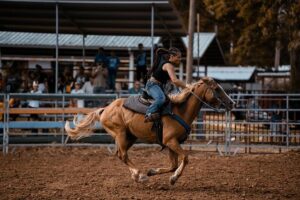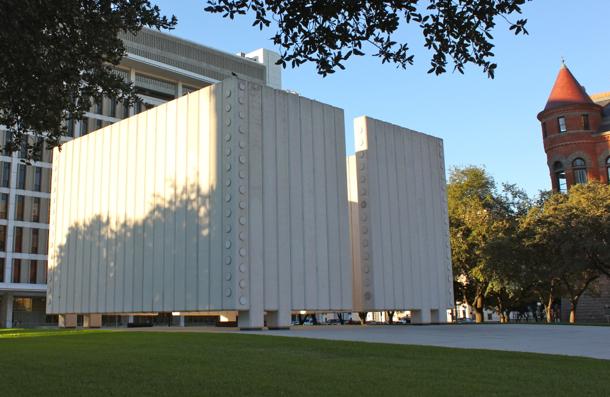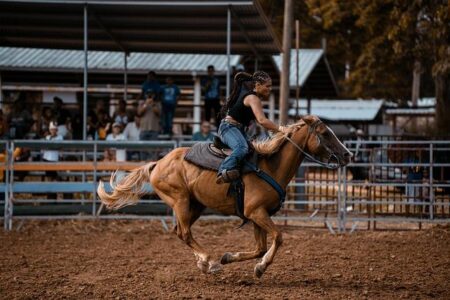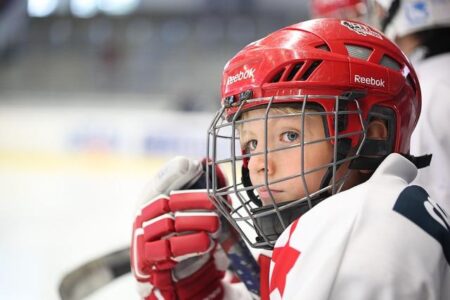Dallas and the Enduring Impact of JFK’s Assassination: A Journey of Reflection and Reconciliation
Honoring JFK’s Vision: Dallas as a Beacon of Progress and Unity
Dallas holds a profound place in American history as the site of President John F. Kennedy’s assassination, an event that forever altered the city’s narrative. Today, the city embraces this legacy not only as a solemn remembrance but also as a catalyst for growth and healing. Key locations such as Dealey Plaza have been thoughtfully preserved and repurposed into educational and commemorative spaces that highlight JFK’s aspirations for national unity and social advancement. These venues host a variety of programs designed to engage citizens and visitors alike, fostering a collective commitment to civic responsibility and historical understanding.
Despite these positive strides, Dallas continues to navigate a complex social landscape where the echoes of past divisions still resonate. The assassination remains a potent symbol of fractured national identity, prompting ongoing efforts to bridge divides through:
- Facilitated community conversations addressing racial and political polarization
- Partnerships between municipal agencies and advocacy groups championing civil rights
- Public art initiatives that promote messages of peace, reconciliation, and shared humanity
| Program | Purpose | Reach |
|---|---|---|
| JFK Heritage Tours | Inform visitors about historical context and ongoing progress | Welcomes over 60,000 participants annually |
| Unity Mural Initiative | Encourage dialogue through visual storytelling | Boosted local engagement and cultural pride |
| Community Dialogue Series | Confront social divisions and foster understanding | Consistent gatherings since 2017 |
Unpacking the Root Causes Behind the 1963 Tragedy
Beneath the surface of President Kennedy’s 1963 Dallas visit lay a city rife with tension and opposition. The political climate was charged, with conservative factions vehemently resisting Kennedy’s progressive agenda, especially his civil rights initiatives and economic reforms. This hostility was amplified by sensationalist local media and extremist rhetoric, which deepened societal rifts and stifled constructive dialogue. Many Dallas residents viewed the federal government’s direction as a threat to their traditional values and economic stability, fueling resentment that contributed to the tragic events.
These tensions can be understood through several interrelated factors:
- Political Divides: Sharp disagreements over Cold War policies and domestic reforms.
- Economic Anxiety: Concerns about job security amid industrial shifts and economic uncertainty.
- Civil Rights Opposition: Resistance to desegregation and voting rights advancements.
- Media’s Role: Amplification of fear and mistrust through provocative reporting.
| Factor | Effect | Community Reaction |
|---|---|---|
| Political Divides | Intensified ideological conflicts | Protests and covert resistance activities |
| Economic Anxiety | Heightened fears of social decline | Support for protectionist and conservative policies |
| Civil Rights Opposition | Community fragmentation and violent backlash | Emergence of segregationist groups and counter-movements |
| Media’s Role | Spread of extremist narratives and conspiracy theories | Polarized public opinion and distrust in institutions |
Grassroots Initiatives: Healing Dallas Through Dialogue and Creativity
In the decades following the assassination, Dallas has witnessed a surge of grassroots movements and leadership efforts aimed at mending the social fabric torn by this historic event. These initiatives prioritize open communication and collective healing, transforming painful memories into opportunities for growth. Through community forums, artistic expressions, and educational outreach, residents confront difficult aspects of their shared history while building a more inclusive future.
Nevertheless, underlying tensions occasionally resurface, often exacerbated by political rhetoric and systemic inequalities. Advocates emphasize the necessity of sustained engagement through programs such as:
- Interfaith gatherings that unite diverse groups to cultivate empathy and mutual respect
- Youth education campaigns designed to raise awareness about the dangers of extremism and hatred
- Memory projects that honestly address contentious historical episodes without glorifying violence
| Project | Goal | Outcome |
|---|---|---|
| Dallas History Seminars | Illuminate JFK’s legacy and local divisions | Expanded public involvement and dialogue |
| Art for Healing | Channel creative expression toward reconciliation | Strengthened community bonds |
| Equality Action Network | Combat systemic disparities | Initiated policy reforms and advocacy efforts |
Strategies to Cultivate Inclusive Conversations and Foster Civic Harmony
To bridge longstanding divides, Dallas must cultivate environments where every community member feels safe to share their perspectives openly. This requires proactive leadership from city officials, educators, and civic organizations to facilitate forums that encourage respectful dialogue and challenge entrenched biases. Inclusive communication initiatives should especially amplify voices from marginalized communities, promoting understanding and dismantling barriers to unity.
- Host regular town hall meetings centered on reconciliation and community cohesion
- Develop workshops focused on empathy-building and conflict resolution skills
- Promote mentorship programs that connect diverse cultural groups in schools and workplaces
Achieving lasting civic unity also demands concrete commitments to fairness and justice, reflected in both policy and everyday actions. Integrating comprehensive educational curricula that contextualize JFK’s assassination and its aftermath can serve as a powerful tool for collective healing. Furthermore, creating public memorials and art installations that celebrate shared values rather than division can visually reinforce Dallas’s ongoing dedication to peace and inclusion.
| Program | Focus Area | Collaborators |
|---|---|---|
| Citywide Reconciliation Forums | Social Unity | Community Organizations |
| Educational Curriculum Enhancement | Youth Engagement | School Districts |
| Public Healing Artworks | Cultural Awareness | Local Arts Councils |
Conclusion: Dallas’s Ongoing Journey Beyond Tragedy
More than sixty years after the assassination of President John F. Kennedy, Dallas remains a city shaped by this pivotal moment in history. While the community honors JFK’s legacy through remembrance and education, it also continues to confront the unresolved social tensions that the event exposed. The interplay of pride, reflection, and lingering division ensures that Dallas’s identity is intricately linked to both the tragedy and the resilience it has inspired. As the city moves forward, its commitment to dialogue, inclusion, and healing will define its path toward a more unified future.







